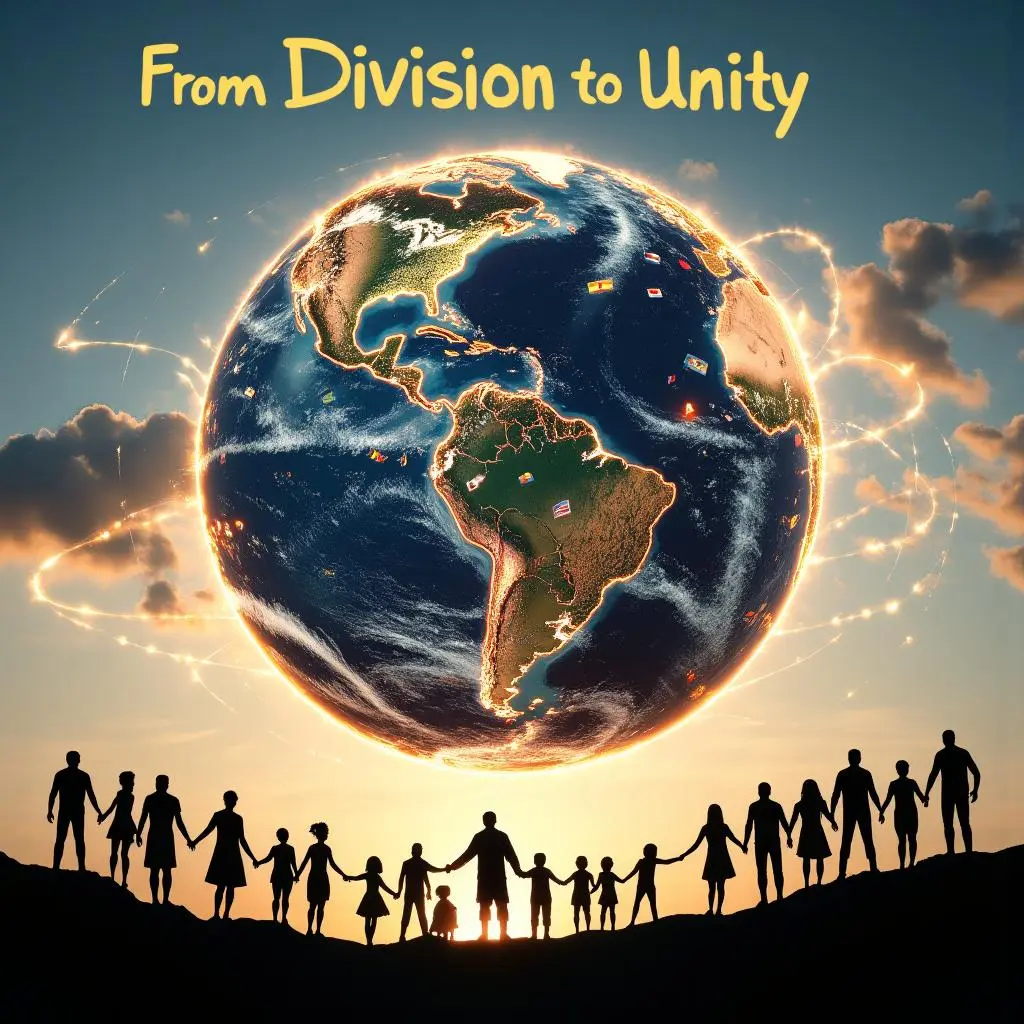Borders of the Mind: How Nationality Shapes Identity

Nationality is often seen as a core part of an individual's identity, defining their sense of belonging and place in the world. However, the concept of nationality is a human construct, created to organize societies and establish governance. While it can foster a sense of pride and cultural heritage, it can also create invisible borders in the mind, leading to division, discrimination, and conflict between groups of people who might otherwise share common values and aspirations.
The impact of nationality on identity begins at a young age. Children are taught to associate themselves with a specific flag, anthem, and set of cultural practices. Over time, this instills a sense of loyalty and sometimes superiority over other nationalities. This programming often results in a limited worldview, where individuals see themselves primarily as members of their nation rather than as part of a shared human community.
One of the most harmful effects of nationality is the justification of exclusion and conflict. Borders separate not only territories but also families, cultures, and opportunities. Nationalism, when taken to extremes, has historically fueled wars, exploitation, and the suppression of minority groups. It perpetuates the idea that we are more different than alike, despite our shared humanity and interconnected challenges.
To move beyond the limitations of nationality, societies can promote global education and foster an understanding of shared human values. Encouraging cross-cultural exchanges and collaboration on issues like climate change, poverty, and health can shift the focus from division to unity. Governments and institutions can play a role by emphasizing the importance of global citizenship alongside national identity, creating a balance that respects local cultures while promoting collective progress.
Ultimately, the borders of the mind can only be dismantled through open dialogue, empathy, and a recognition of our shared humanity. By shifting the narrative from 'us versus them' to 'we,' societies can create a world where nationality is a celebration of diversity rather than a source of division. This approach empowers individuals to see themselves as part of a greater whole, working together to create a more harmonious and equitable future.
Ultimately, the borders of the mind can only be dismantled through open dialogue, empathy, and a recognition of our shared humanity. By shifting the narrative from 'us versus them' to 'we,' societies can create a world where nationality is a celebration of diversity rather than a source of division. This approach empowers individuals to see themselves as part of a greater whole, working together to create a more harmonious and equitable future.
